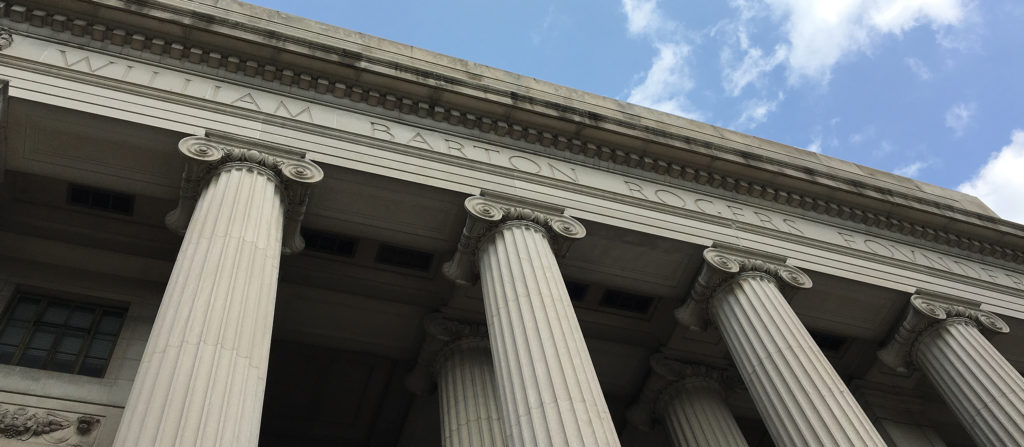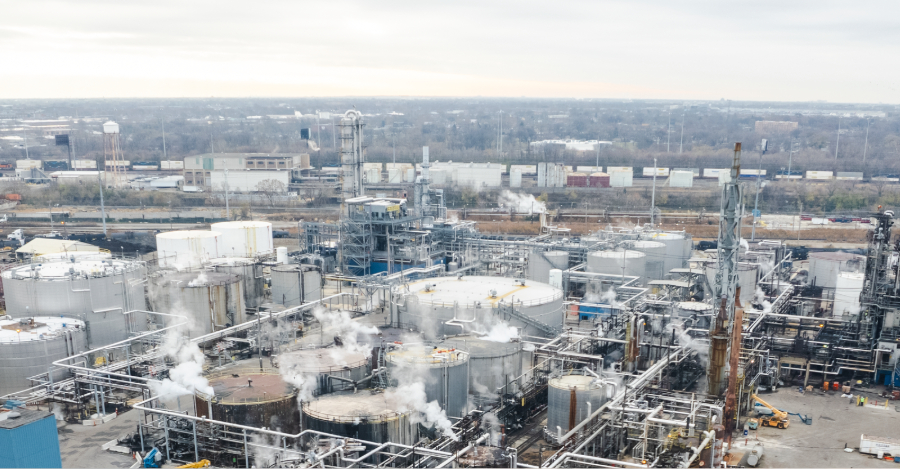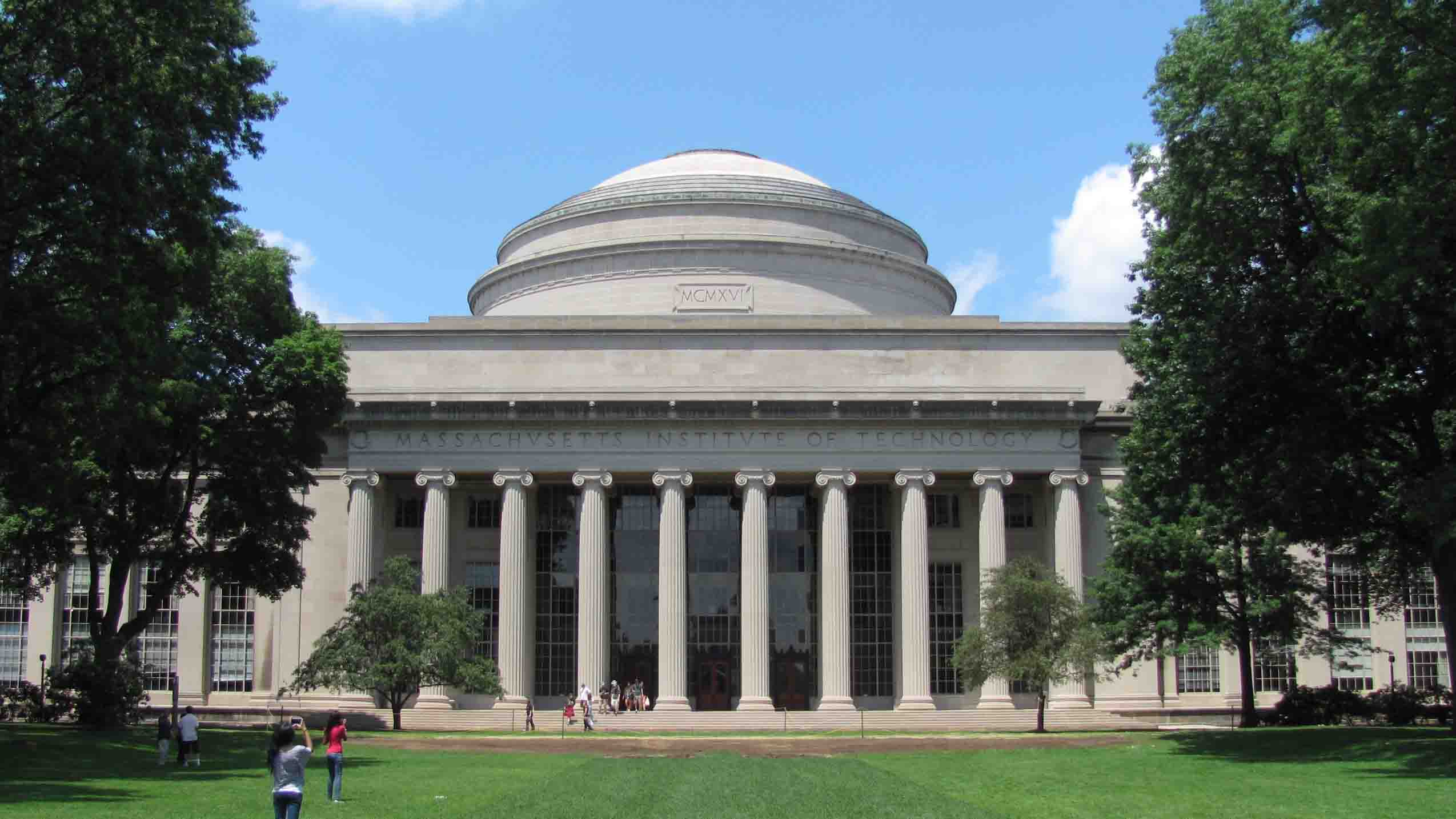Editor’s Note: Since this interview was conducted, Román’s CNN Radio Argentina program was temporarily suspended due to advertising losses affecting much of the station’s programming. CNN Radio Argentina is currently looking for new advertisers to continue the program.

This March, when much of society was grinding to a halt in the face of the Covid-19 pandemic, Argentine science journalist Valeria Román was making a new start. After 20 years of covering science mostly through her writing, Román, a former Knight Science Journalism Fellow, accepted an offer to become host of CNN Radio Argentina’s new science and environment radio show.
For a journalist who’s long been passionate about demystifying science and the scientific process for the public, the timing couldn’t have been better. Within a month of the show’s launch, Román co-hosted — alongside sports journalist Hernán Castillo — a three-episode special on the coronavirus that gave listeners the opportunity to have their questions fielded by specialists. Since then, her weekly radio show has tackled topics ranging from geology to virology to sociology. And she’s been highlighting the often-overlooked work of Latin American scientists at every turn.
I spoke with Román about the experience of doing journalism in a new medium, the challenges of getting a national radio show off the ground, and her approach to finding fresh story angles on a crowded Covid-19 beat. (The following interview has been edited for length and clarity.)
Zain Humayun: Let’s talk about your new radio program. What inspired it?
Valeria Román: Well, I’ve worked on different radio programs, in 2011 and 2015. But last year, CNN Radio Argentina was founded. I liked [CNN Radio Argentina’s] values because their main value is information. Other programs in Argentina put more attention on opinions, but CNN Radio Argentina prioritizes good information. So it’s aligned with my views: The public can decide whatever they want, but my mission as a science journalist is to share good information based on scientific evidence.
ZH: And could you say a little bit about the program?
VR: It’s a weekly science radio program. We started the program last March, in the middle of the pandemic, and we had three special programs about the coronavirus.
[The show] is about different sciences. I have interviews with scientists of different fields — social sciences, physics, biotechnology. I have been interviewing not only scientists and researchers, but also, for example, executive directors of private foundations that support science, Argentine Science Ministry, and other science authorities. I include female scientists because as you know, they are underrepresented in the media. So I try to make sure I include the female voice.
ZH: Did you have any challenges in getting the show off the ground?
VR: Well, one of the challenges is that we were living with, we were facing a pandemic. All the media was covering the pandemic and talking about health and science issues. So my science program had a challenge: What should we cover every week if other media outlets are talking about the pandemic at the same time?
But I think we have been developing a unique perspective — a different approach. We have been talking with different researchers and [having] deep conversations, with different perspectives. We share how the scientific information and scientific knowledge is produced. Many media mass media outlets don’t inform their audiences about how scientific results are made.
In my program, for instance, we’ve talked about how vaccines for Covid-19 are made — the different challenges and the uncertainties. We have this approach for every topic. We show the complexity. It’s not only black or white. Every scientific issue has complexity.
The public in general doesn’t know what scientists are doing in Argentina, for Covid-19 or for other things. They don’t know. So we focus on Argentine science too.
ZH: Writing for radio is quite different from print. Did you face any challenges going from one to the other?
VR: Yeah, it’s another medium. I’m learning because I’ve worked in radio twice before, but it’s my first time as a radio host. So I’ve been learning a lot. I practice at home. It’s a big challenge for me, but I like it because I like to learn something every day.
The thing is, I have a good team at the radio show. The producer, she works with me and she’s very collaborative, so after every program she gives me recommendations. I’ve been listening to her every week and improving a lot. Her name is Rosalía Giuffré.
ZH: What is your hope for the program?
VR: I hope we can reach a larger audience, and I hope we can [create] more interest in science in [Argentine] society.
ZH: You’ve also been reporting on the coronavirus in Argentina. What kind of topics have caught your eye?
VR: I have been covering the stigma about Chinese people in the world, and I have been covering the information about clinical trials for Covid-19 — disinformation about treatment. I have also been covering cost and benefits of social distancing measures. So I’ve been covering different aspects of Covid-19, including ethical guidelines [for dealing with] limited-resource settings.
ZH: You’ve been a science journalist for two decades now. Looking back, how do you feel about your career?
VR: Even though there are a lot of barriers to working as a science journalist in a developing country, science journalism is my passion. When you have a passion, it allows you to follow your desires, to remain committed despite the difficulties, the barriers.
I feel lucky. I discovered this passion when I was a teenager. Not all people discover what they want to do so early. But for me it’s a way of life. I live as a science journalist every day. It allows me to look for questions and answers every day, to meet a lot of different people. It’s opened my mind.





Leave a Reply